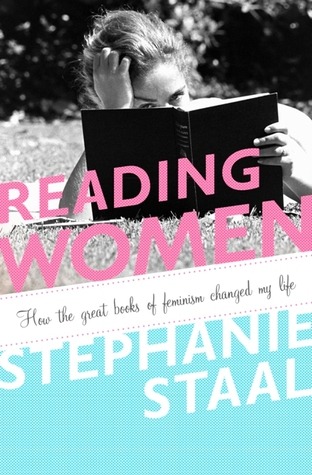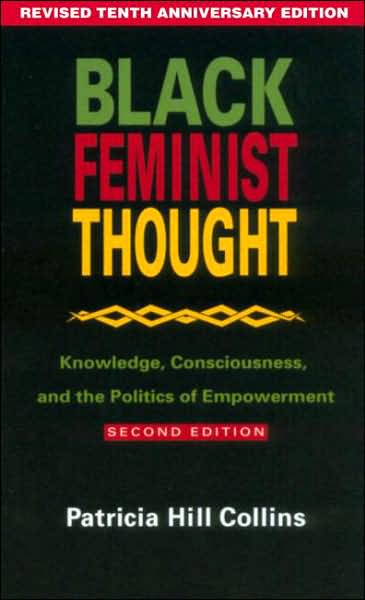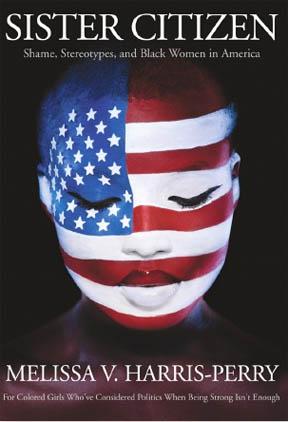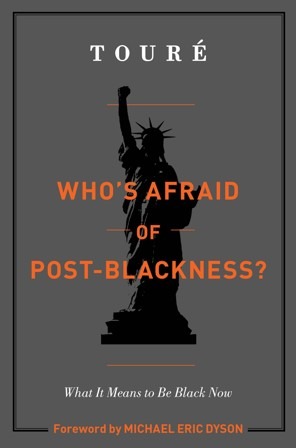Summer Reading List – Part 2
I’m back with part two of my summer reading list. (If you missed part one, you can read it here.)
Yesterday’s list was full of the funny, but today it’s time to get serious, folks.
Reading Women: How the Great Books of Feminism Changed My Life, Stephanie Staal
 |
| image via |
More than a decade after her graduation from Barnard College, Stephanie Staal decides to revisit the classic feminist literature she studied in college. Her quest is prompted after rereading The Feminist Mystique and finding that now, as a married stay-at-home mom living in the suburbs, she actually identifies with the laments of 1950s housewives. I’m looking forward to reading about the life lessons Staal learns on the pages of these classics.
Black Feminist Thought, Patricia Hill Collins
 |
| image via |
And speaking of classics, I am ashamed to admit that I’ve never read this one. Used as a textbook in many women’s studies classes, this book is thought to have taken black feminism to a new level with its exploration of black women’s oppression, love relationships, motherhood, activism and more.
Sister Citizen, Melissa V. Harris-Perry
 |
| image via |
In this book Harris-Perry examines the most persistent stereotypes black women face today in America such as the hypersexual Jezebel, the devoted Mammy and, of course, the angry black bitch. If you know me well you know about my super girl crush on Melissa Harris-Perry. In fact, one of the things on my bucket list is to be a guest on her show. So go on and start writing letters to her about how awesome I am.
Who’s Afraid of Post-Blackness?, Toure
 |
| image via |
I’ve spent most of my life feeling like I’m not black enough, even though if you asked me to define what it means to be black I couldn’t tell you. In this book, iconic commentator and journalist TourÉ tackles that very topic — what does it mean to be Black in America today. Toure begins by examining the concept of “Post-Blackness,” a term that defines artists who are proud to be Black but don’t want to be limited by identity politics and boxed in by race and argues that all expressions of blackness are legitimate.
How to Be Black, Baratunde Thurston
 |
| image via |
Well, I decided to close out this list by bringing back the funny. In this book Thurston also addresses the topic of defining blackness but does so with humor. He blends satire and memoir to create a hilarious look at the complexities of contemporary racial politics and personal identity. And I can’t wait to read this book because really the idea of being too black or not black enough truly is ridiculous.
Happy reading!

Leave a comment